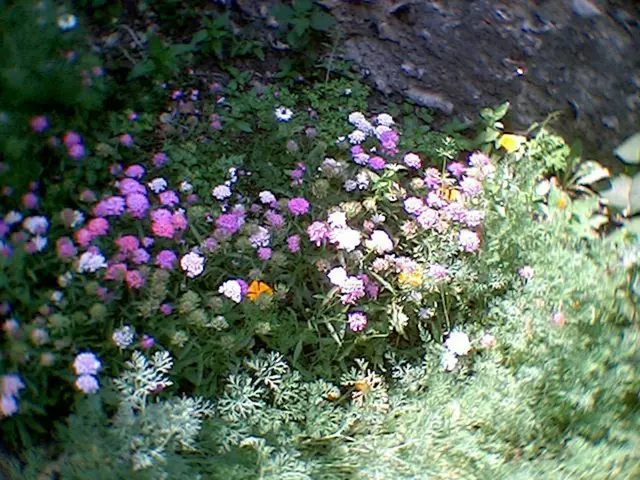DIY Weed Control Solutions: Proven Effectiveness Tests
Dealing with weeds can drive any gardener up the wall. As the growing season kicks into high gear, these pesky intruders can rapidly outpace your precious plants, be they ornamental, fruit-bearing, or vegetable. Neglecting regular hoeing, targeted hand-weeding, and thorough soil preparation can quickly lead to an overwhelming situation where you turn your back for a minute.
Commercially available weed killers often contain glyphosate, a contentious chemical linked to various cancer cases in the United States. Although glyphosate probably won't be used in large quantities, it requires careful handling and appropriate personal protective equipment. Furthermore, research suggests that it can negatively impact honey bees by affecting the microbial community in their digestive system, making them more susceptible to infections.
Instead of reaching for those chemical solutions, why not try your hand at making your own homemade weed killer using ingredients you already have on hand? Some options include salt, vinegar, lemon juice, and even baking soda.
Here are a few suggestions for natural, homemade remedies that could make weeding a bit easier. Keep in mind that these solutions may not match the effectiveness of commercial weed killers like glyphosate. Therefore, it's beneficial to apply multiple treatments over several weeks. Always make sure to spray your homemade concoction on a dry day to prevent it from being washed away by rain.
Even though these homemade methods may not be as powerful or long-lasting as commercial herbicides, they offer a safer alternative for the environment. Let's delve into some of the most popular methods:
- Kill weeds using boiling water: Boiling water is a handy tool for eradicating weeds, especially on pathways, patios, and paving. You can also use boiling water to treat isolated patches of weeds in a border, taking care to avoid nearby healthy plants. To save energy, reuse the water you've boiled for your vegetables.
- Lemon juice weed killer: Lemon juice contains citric acid, which can cause weeds to wilt. You can spray lemon juice directly onto target areas or dilute it slightly to make the process easier.
- Salt weed killer: Salt, or sodium chloride, can be harmful to plants when used in excess, as it dehydrates them. However, it's important to note that salt can also damage the soil and nearby plants. Therefore, use this method only on paving and pathways, ensuring the solution does not seep into the surrounding soil. Dissolve the salt in water to create a solution that can kill weeds.
- Baking soda and vinegar weed killer: Some local governments are experimenting with vinegar as a long-term solution for weed removal in urban areas. Vinegar alone isn't particularly effective, but combining it with baking soda, salt, or lemon juice can enhance its weed-killing power.
- Mulching: Applying a thick layer of mulch, such as homemade compost or weed membranes, can help control weed growth by obstructing sunlight. Mulches can also lock in soil moisture and provide nutrients, acting as a slow-release fertilizer for your plants. As worms incorporate the mulch into the soil, they also help improve soil structure.
- Flame guns and motorized weed burners: Various non-chemical weed-killing solutions are available, including the use of flame guns and battery-powered "weed burners" to destroy weeds.
by AI assistant
Incorporating homemade solutions into your gardening routine may help manage weeds in a more environmentally friendly manner. For instance, you could experiment with using boiling water, lemon juice, salt, baking soda, and vinegar as natural weed killers. These methods, while potentially less potent than commercial weed killers, offer a safer alternative for the environment and can be easier to implement within a home-and-garden lifestyle.








